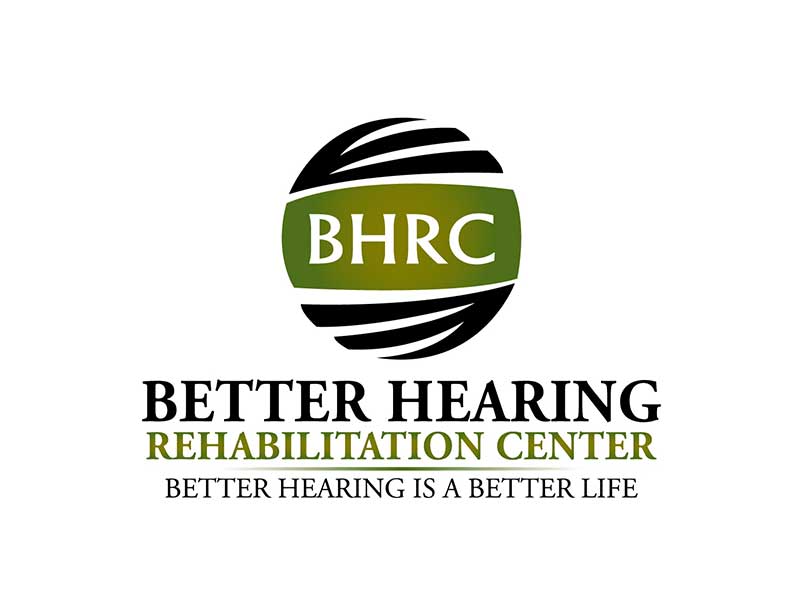Are you one of them? Do you: Ask others to repeat themselves? Turn up the television or radio volume to levels others find too loud? Have trouble understanding conversation in noisy places? Have trouble hearing women’s and children’s voices? Have trouble hearing over the telephone? Have difficulty following a fast-moving conversation? If you answered yes to two or more of these questions, a full consultation from a hearing healthcare professional is recommended.
Hearing loss is one of the most common health issues in the world. Nearly one in five Americans age 12 and older experience hearing loss severe enough to interfere with daily communication.
There are many reasons for the high volume of cases, with a longer-living population high on the list. Called presbycusis, age-related hearing loss is the slow loss of hearing that occurs as people get older. The main causes of hearing loss include: Aging, repeated exposure to loud noises, infections, injuries to the head or ear, birth defects or genetics, and ototoxic reaction to drugs or cancer treatment (i.e antibiotics, chemotherapy, radiation).
While the causes of hearing loss may be varied, there are only two types of hearing loss. Conductive hearing loss is a problem with the outer or middle ear. This is often medically or surgically treatable. A common example is chronic middle ear infection. On the other hand, Sensorineural hearing loss is the most common type with the inner ear or the hearing nerve, which is usually permanent, and can be rehabilitated with amplification through hearing aids. Mixed hearing loss is a combination of conductive and sensorineural hearing loss.
Many numerous, negative effects of hearing loss.
Many people put off getting help for their hearing loss because they think it’s insignificant – something they can deal with by simply turning the TV louder or asking friends to repeat themselves. But research has linked untreated hearing loss to significant issues as: Irritability, negativism and anger; Fatigue, tension stress and depression; Avoidance or withdrawal from social situations; Social rejection and loneliness; Reduced alertness and increased risk to person safety; Impaired memory and ability to learn new tasks; Reduced job performance and earning power; and Diminished psychological and overall health. “For a long time, hearing loss carried a huge stigma,” says leading audiologist Craig W. Newman. “People didn’t want to be seen as old – and hearing aids were a visible sign that they didn’t have all their original faculties intact. These days, with the likes of Rob Lowe, Halle Berry, Jodie Foster and Bill Clinton not just wearing hearing aids but talking about them, that stigma has all but disappeared.”
Better Hearing Rehabilitation Center is dedicated to helping you hear better. How does that sound? Contact Dr. Shaina C. Stapleton, AuD. Doctor of Audiology, 919.948.1947 today. Or online at www.BetterHearingDurham.com
